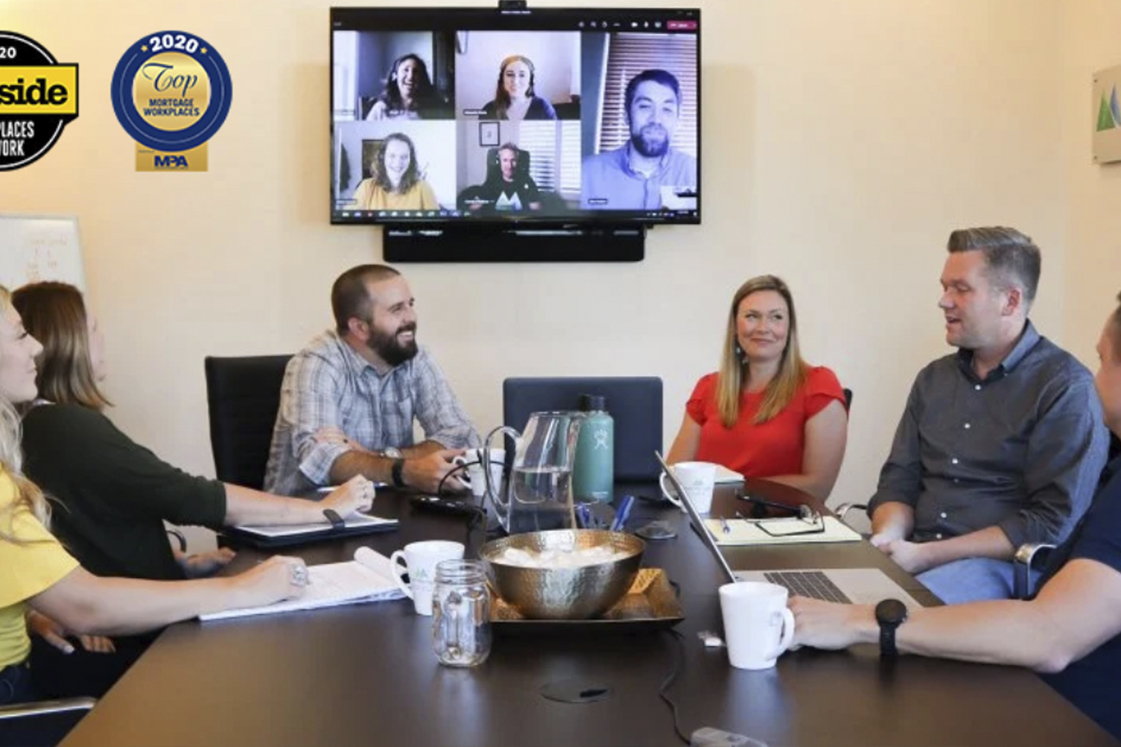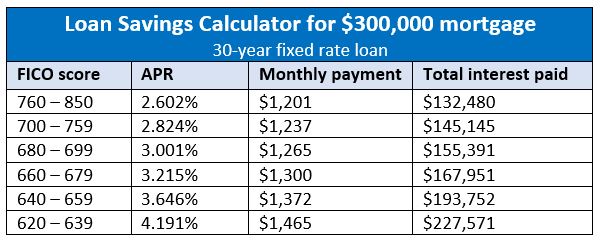Each year, Outside magazine accepts submissions from companies around the U.S. to be included in their prestigious list of Best Places to Work. Outside vets each company’s workplace culture, demographics, work-life balance, and perks of the job. In addition, they do an extensive anonymous survey with current employees to get their take on the work environment. Only those companies that excel in both areas – providing excellent company benefits and getting great reviews from employees – make it to the list of 50 Best Places to Work.
To be eligible for the award, everyone at Mann Mortgage completed an anonymous survey. They were asked to rate areas such as their relationship with their supervisor, their work environment, their confidence in the leadership team, their role satisfaction, and their pay and benefits. The survey results were 75% of Mann’s total score, and they were high enough to rank us as the #12 Best Place to Work in the US.
This year, a theme among companies that made the Best Place to Work list was embracing the new working environments where social distancing and creative team building are the norm. At Mann, we quickly adapted to working, meeting, and partying remote – 40% of us now work from our home offices. Like many of the companies on the list, we’ve found working remote to be an effective and efficient way to work and we’ll continue to allow it, even once the pandemic is over.
“We’re thrilled that we, a mortgage company, are included in this list of exceptionally innovative companies. These organizations are defining what great corporate culture looks like in this country, and we are honored to be included with them,” said Cassidy O’Sullivan, business executive for Mann Mortgage. “We want Mann to be a positive place where people are excited to come to work and have a voice in the company.”
Mann Mortgage’s positive corporate culture was also recognized by Mortgage Professionals America who gave the company a Top Mortgage Workplace 2020. Of the hundreds of mortgage companies that were nominated, Mann Mortgage was one of only 29 who received the award.
“These awards show our employees do a great job making each other feel welcome, needed, and heard” said company CEO, Jason Mann, “and I’m just so grateful to be part of such an exceptional team.”
Mann Mortgage is based out of a beautiful Kalispell, Montana. We’re always on the lookout for talented and fun-loving people to join our team. Our corporate office hires for positions such as quality control, underwriters, and product specialists. We also have branch offices across the United States that hire loan officers, production assistants, processing agents, mortgage sales managers, and more. You can view and apply for open positions at mannmortgage.com/careers or email your resume and cover letter to jobs@mannmortgage.com.











